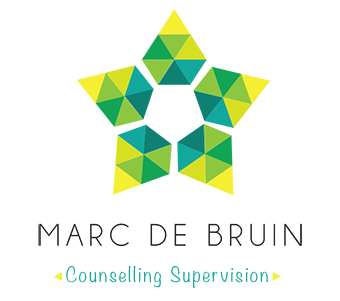How to Attract More Clients to Your Counselling Practice
A question I get asked more often than I’d like to admit, and I think it’s the main question that many counsellors ask me when they come in for supervision, is: “How do I attract more clients into my practice?” It’s a good question, and the answer depends a bit on your business model. Let’s break it down.
If you’re working purely in private practice, and that’s your sole focus, then you are the client attractor. There are numerous ways to go about this, often involving the kinds of strategies that business coaches recommend—networking, advertising, writing blogs, making videos, and so on. Essentially, you are the driving force behind your client acquisition.
One approach is to outsource client acquisition. You can pay others to find clients for you, which might involve hiring marketing professionals or paying for leads. Alternatively, you can do it all yourself, but either way, it’s ultimately up to you to ensure clients are walking through your door.
Now, if you’re working in Employee Assistance Programs (EAP) or as an EAP contractor, things get a little easier. You don’t have to actively search for clients because they are sent to you. Your role then is to be your professional self and be present for these clients. It’s surprising, though, how some EAP contractors don’t show up for sessions—something I can’t quite wrap my head around.
For example, I work for a few EAP providers, including Converge International. At the moment, I have eight hours per week guaranteed with them, which means I just need to show up for those eight hours, and clients will come through my practice. These aren’t my private clients, but they are people I can work with, so it keeps clients coming through the door.
If you’re employed part-time, that could also offer some stability. You don’t have to search for clients because you’re getting paid for the work you do. On the side, you can slowly build your private practice. This was my strategy years ago—I kept a part-time job while I gradually established my private counselling practice. It worked really well for me, but if it’s not your cup of tea, that’s perfectly fine. There are many other ways to build your practice.
One crucial point, regardless of your approach, is the importance of networking. Whether you’re working through EAP, contracting, or in a part-time job, you need to network, network, network. It’s an old adage: it’s not who you know, but who knows you. Or perhaps more accurately, it’s not just who you know, but how you get found. And the best way to get found is by putting yourself out there and making connections.
Networking can take many forms, and there are a lot of interesting opportunities out there. If you’re interested, I’m happy to discuss this further. In the end, building your practice is about getting noticed and staying connected.





Leave a Reply
Want to join the discussion?Feel free to contribute!